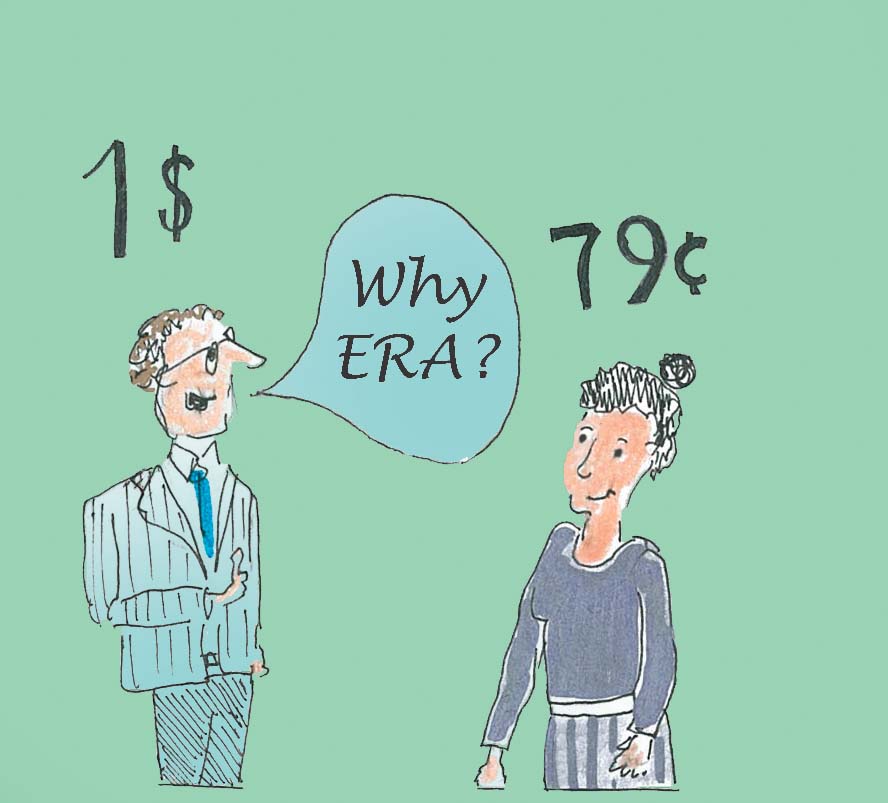We Need the ERA
For decades, the Equal Rights Amendment has been a subject of controversy in the United States. The ERA states that “equality of rights under the law shall not be denied or abridged by the United States or by any State on account of sex.” It was first proposed in 1923 by the National Women’s political party and then passed by the Senate in 1972. In order for it to be made an amendment to Constitution, however, three-fourths (38) of the 50 states needed to ratify it.
Virginia recently became the 38th state to do so, and ERA advocates are hopeful that discrimination on the basis of sex will finally be federally outlawed. However, the original deadline for ratification was in 1982, and over the course of time, Idaho, Kentucky, Nebraska, South Dakota, and Tennessee have all made efforts to repeal their ratifications. This has brought into question whether the ERA even meets the criteria to be added to the Constitution.
The goal of the ERA itself is imperative, and the #MeToo movement, women’s marches, and the nation’s increasing awareness of women’s issues have acted as catalysts for renewed interest in passing the ERA. For women across the U.S., the ERA would ensure that women’s rights are fully protected.
Many Americans are currently under the impression that equal rights are already guaranteed for men and women under the Fourteenth Amendment; however, during Reconstruction, the Supreme Court limited the amendment’s capacity to grant equal rights.
If the ERA were to be passed, it would help to diminish sexism in the workplace, give fathers the opportunity to take paternity leave, guarantee equal pay for men and women, and even augment the legal protections of those in the LGBTQ community. States would be obligated to interfere in domestic violence and sexual harassment, something they have neglected to do for decades.
Above all, it would show that the U.S. prioritizes gender equality and considers it a fundamental standard. This is an absolutely crucial step towards all people achieving emancipation from traditional gender roles, giving both men and women the freedom to choose how to live their lives. For all of these reasons and more, the ERA should be ratified.
However, there is a lot of political backlash expected from the ERA’s potential addition to the Constitution. President Trump’s Department of Justice released a lengthy paper on why the ERA should no longer be considered for ratification, strongly opposing the amendment. When conservative lawyer Phyllis Schafly campaigned against the ERA in the 1970’s, she launched an war on the topic of equality that still creates a divide between American citizens.
Furthermore, many women are still against the ERA, believing that women would no longer be recognized as having different needs. If this were the case, the fears, however misplaced, are that women would no longer be given preferential treatment in custodial cases and that they could be drafted.
With the current leanings of the Supreme Court, a radically conservative president, and an intransigent Congress, it may be hard to believe that passing the ERA would even have that much of an impact. However, regardless of the political and legal consequences, this initiative needs to be taken as society evolves to become more inclusive and progressive.






